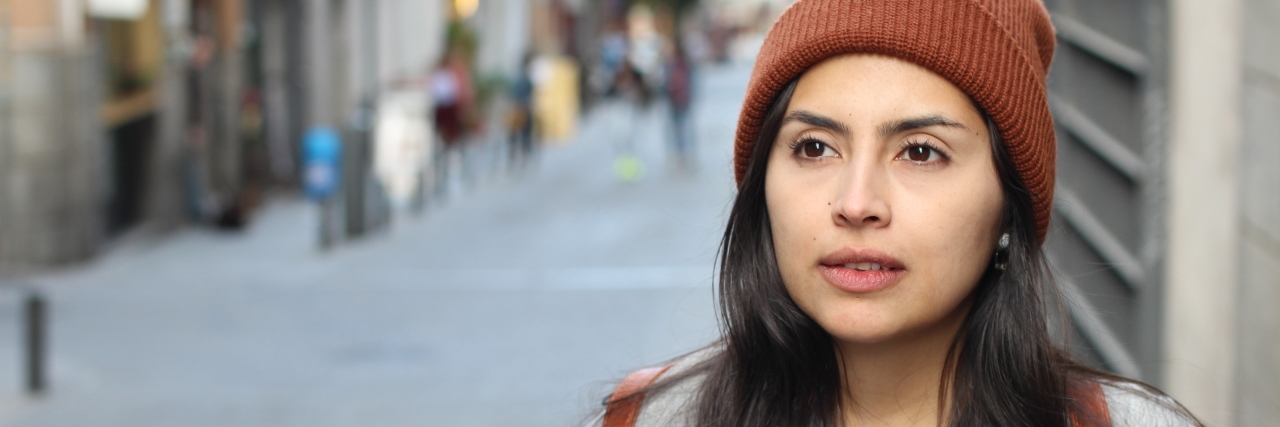Could Exposure Therapy Help My OCD?

Editor's Note
Any medical information included is based on a personal experience. For questions or concerns regarding health, please consult a doctor or medical professional.
Obsessive-compulsive disorder (OCD) isn’t simply “that hand-washing thing” for germaphobes, an obsession with color-coding or making sure your workspace is organized just the way you like it. OCD is a mental illness that affects 2.3 percent of our population. OCD can be more about washing your hands until they’re raw and red because you’ve done it hundreds of times because they’re not clean enough. That’s the reality of some people’s OCD – it’s about doing something you think is helpful but may be hurting you instead. Whether that’s obsessively checking that the door is locked or ruminating over the same thought over and over again, OCD can be extraordinarily painful.
If you don’t live with OCD, you likely don’t understand how it feels. Some people have disturbing intrusive thoughts which come out of seemingly nowhere. Distractions are not helpful, and the thoughts return incessantly and at times, stronger. Others check their bags or backpacks hundreds of times to confirm their keys or wallet are there, even though they’d just confirmed it for themselves a few moments earlier. Although logically there isn’t a reason these items would all of a sudden vanish, the constant need to be affirmed that they are indeed there interferes with simple tasks like getting from point A to point B.
Most importantly: OCD is different for everyone.
Just like clothes, OCD looks different on each person. Some people are afraid of irrational things. For example, someone with OCD might think if they step on a tile of a certain color or if they don’t check their front door lock at least five times before they leave, they will be punished by some external force. Maybe even reading that sentence is frightening to them. However, reading or even writing that sentence can be a part of a treatment for OCD called exposure therapy.
What is exposure therapy?
Exposure therapy is a form of treatment for OCD that exposes the person who has the disorder to their fear, either through “flooding” (or a head-on, intense exposure experience), or a gradual, controlled exposure. For example, if someone is afraid of riding a roller coaster, they might want to start by looking at pictures of it. Then they could drive by an amusement park. Next, they could enter the park and stand next to the roller coaster. Finally, they bring themselves to get on the ride and face their fear. This gradual exposure is one way for someone who has OCD to confront their fear (of course, it’s not for everyone).
Another form of exposure therapy forces the person with OCD to face their fear immediately. There’s no gradual build-up to challenging their phobia. For example, let’s say someone has an obsessive thought that every dog is going to attack them, and they are thus afraid of dogs. In vivo flooding may involve having the person have a dog brought into the therapy room, where then they are asked to pet the dog. In vitro flooding, or imaginary exposure, can also be employed in this instance – for example, the person with a fear of dogs may be guided through visualizing a walk around their neighborhood and approaching a neighbor’s home with a dog in their front yard. Then they may be asked to visualize the dog coming up to them and sniffing their shoelaces or licking their outstretched hand.
Exposure therapy isn’t a pleasant experience for someone with OCD. However, it has helped some people cope with their obsessions and compulsions. A large part of OCD is feeling stuck in a feedback loop of fear.
You don’t have to live this way. If you try exposure therapy, make sure it’s with a trained psychologist. Even if exposure therapy isn’t for you, you can live a great life with OCD if you’re able to find ways to manage your symptoms.
Getty image by ajr_images.

